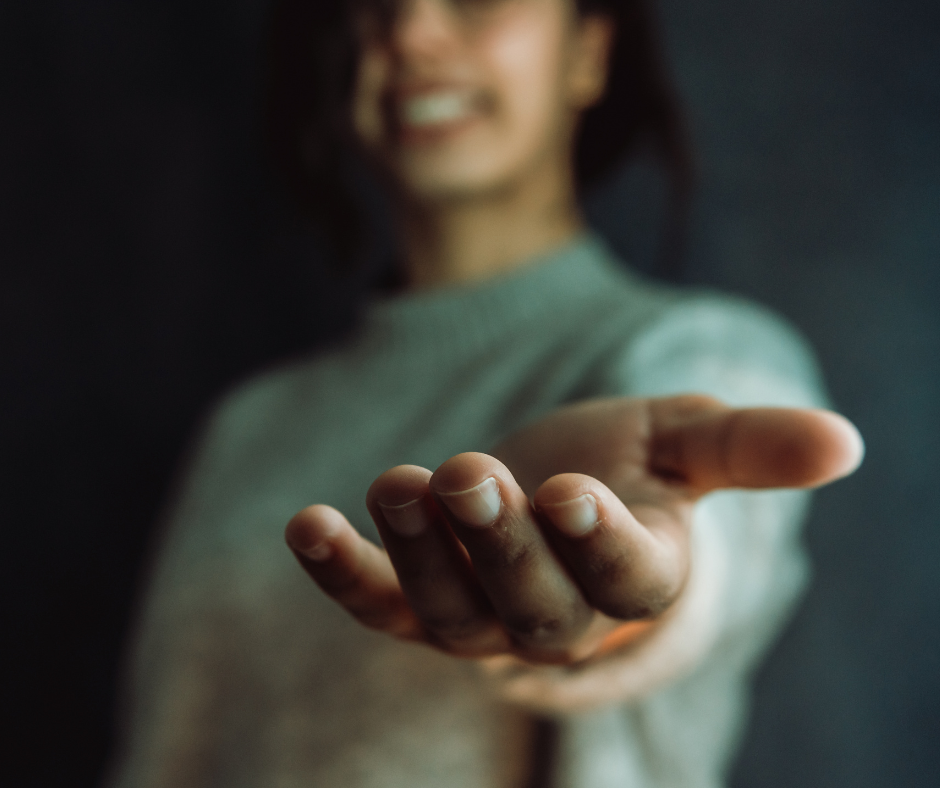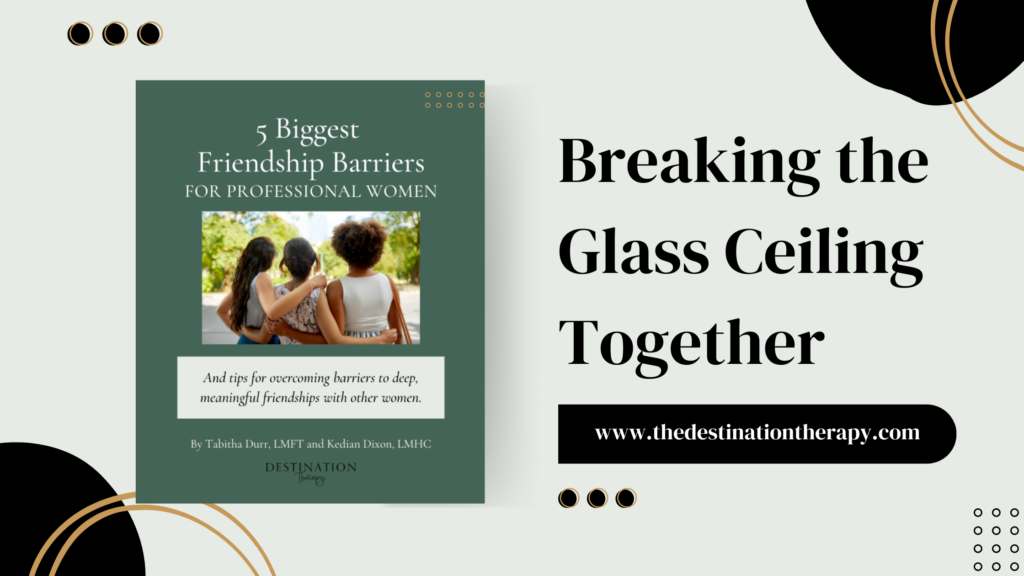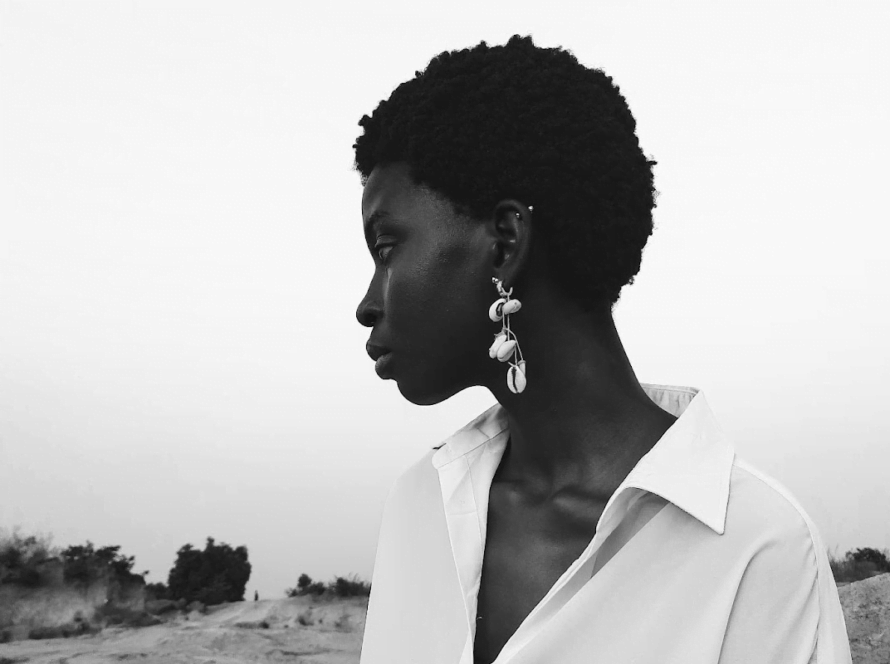If you take a deep dive into the early history of the field of counseling, you will notice that multiculturalism is largely, if not completely, absent. Historically speaking, traditional theories and practices of counseling were primarily developed within a Western and male-focused context, reflecting the values and beliefs of Euro-American culture. In turn, this created a one-size-fits-all nature to counseling, overlooking what we now know to be a crucial key to therapy – the reality that each individual we work with comes from a different walk of life with their own set of values, culture, and beliefs. In this article, we are addressing how therapy for BIPOC LGBTQ individuals and couples should be inclusive and non-judgmental.
The counseling profession has slowly but surely begun to shift away from a one-size-fits-all approach towards a more individualized approach. Recent events in the last few years, such as the Black Lives Matter movement, have highlighted the need and amplified the conversations around the importance of multiculturalism in the therapy room. The conversation shouldn’t end there, though. The need for inclusivity expands beyond one other demographic. We need to be having conversations that acknowledge the intersectionality of race, ethnicity, gender identity, and sexual orientation. BIPOC (Black, Indigenous, and People of Color) LGBTQ individuals and couples often face unique challenges and struggles that can be difficult to navigate without the support of a therapist who understands their experiences. Let’s discuss some ways that we, as therapists, can become better suited to address the needs of this population.

Understanding Intersectionality
Understanding intersectionality and its impact is one of the key aspects of providing inclusive therapy for BIPOC LGBTQ individuals and couples. This term, coined by legal scholar Kimberlé Crenshaw, refers to the interconnected nature of social identities and how they can create unique experiences of discrimination and oppression. For BIPOC LGBTQ individuals, their identities as both racial minorities and members of the LGBTQ community can intersect and compound their experiences of discrimination and marginalization.
Going to therapy is a vulnerable choice, and at the end of the day, all clients want to feel understood by the professional they are seeking support from. Being conscious and aware of the dynamic that intersectionality plays into an individual’s experiences will allow us as therapists to view and support our clients in a more holistic manner.

Culturally Competent Therapy for BIPOC LGBTQ
In order to create a safe space for BIPOC LGBTQ individuals and couples, therapists must also demonstrate cultural competency. While “competent” may imply a complete level of understanding or expertise, to us at Destination Therapy, we interpret this as clinicians having an understanding and willingness to learn more about the cultural backgrounds and experiences of their clients and being able to incorporate this knowledge into their therapy approach. For example, a therapist working with a BIPOC LGBTQ couple may need to be aware of cultural differences in communication styles and relationship dynamics in order to effectively support the couple.
Part of cultural competency is also understanding that an approach used on a straight white male client may not be the best approach to also support a BIPOC/LGBTQ individual. We should, as therapists, spend more time outside of the therapy office doing our own research on the cultural norms of our clients as well as modern therapeutic approaches for these communities. It could also be a healing experience for our clients to share their cultural background and values with their therapist.
Addressing Microaggressions
Microaggressions are subtle, often unintentional acts of discrimination or prejudice that can have a significant impact on BIPOC LGBTQ individuals and couples. The unfortunate reality is that most people of any marginalized community have been on the receiving end of a microaggression. Microaggressions can be difficult to challenge and navigate because, in some cases, they can be so covert that they are easy to miss. Individuals may also refrain from bringing attention to microaggressions out of fear for their safety, retaliation, or being categorized as irrational.
In therapy, it is important for therapists to address these experiences as they can contribute to feelings of isolation and invalidation. By acknowledging and addressing microaggressions, therapists can create a safe space for their clients to process and heal from these experiences. In addition, clients and therapists could work together on building communication skills and confidence to challenge microaggressions in real time if the situation is safe for an individual or couple to do so.
Providing Resources and Support
It has been proven that having a strong support system and a sense of community can be healing for individuals who struggle with their mental health and/or have a history of traumatic experiences. It is also true that many BIPOC folks place a higher value on community and human connection than individuals with an American/European cultural background. Providing a space for a client or couple to be seen and accepted authentically for who they care for can be healing in itself, but that does not mean we should stop there.
In addition to providing therapy, therapists can also support BIPOC LGBTQ individuals and couples by connecting them with resources and support networks. This may include local LGBTQ organizations, BIPOC support groups, or online communities. By providing these resources, therapists can help their clients feel less alone and more connected to their communities. Some of the most widely recognized organizations that aim to support these communities are Allgo, PFLAG, GLSEN, and It Gets Better. The works of Audre Lorde, José Esteban Muñoz, Lourdes Dolores Follins, Monica McLemore, and Kevin Nadal can also be great resources not only for our clients but for ourselves as therapists to become more educated and competent on this subject matter.
Creating a Non-Judgmental Environment
Therapists should never underestimate the power of providing a nonjudgmental space for our clients! You never know if you will be the only positive interaction that our clients have that day. Creating a non-judgmental space in therapy means actively listening to your clients, validating their experiences, and refraining from making assumptions or judgments. By creating a safe and non-judgmental space, therapists can help their clients feel comfortable in being authentic in sessions and opening up. It can be much more difficult for a client to make progress in therapy when they do not feel comfortable in their therapeutic relationship with their therapist. Therapists don’t always get to relate to their clients through shared experiences, so providing non-judgment and willingness to learn and understand a client’s worldview can be a wonderful path to fostering connection in a therapeutic relationship for the client to feel open to receiving feedback from their therapist.
Understanding intersectionality, being culturally competent, addressing microaggressions, providing resources and support, and creating a non-judgmental environment are all useful skills therapists can engage in to create a sanctuary for their BIPOC LGBTQ clients to heal and thrive – but caring for BIPOC/LGBTQ folks and couples does not end in the therapy office. It is so important for mental health professionals to continue advocating for multiculturalism in counseling and continue raising awareness on this matter. Acknowledging that there are gaps in the care of certain populations allows us to recognize areas of improvement and do better.
When to Seek Help
Destination Therapy provides a safe space to communicate openly, address challenges, and build a healthier relationship with ambition. Whether you are a busy professional dealing with perfectionism, burnout, and anxiety or looking to explore if couples therapy can equip you with the tools to build a stronger, happier bond, we can match you with one of our therapists, who will be able to help with your concerns.
If you’re ready to explore therapy, we offer a free 15-minute consultation call to discuss your needs and see if couple therapy is right for you.


